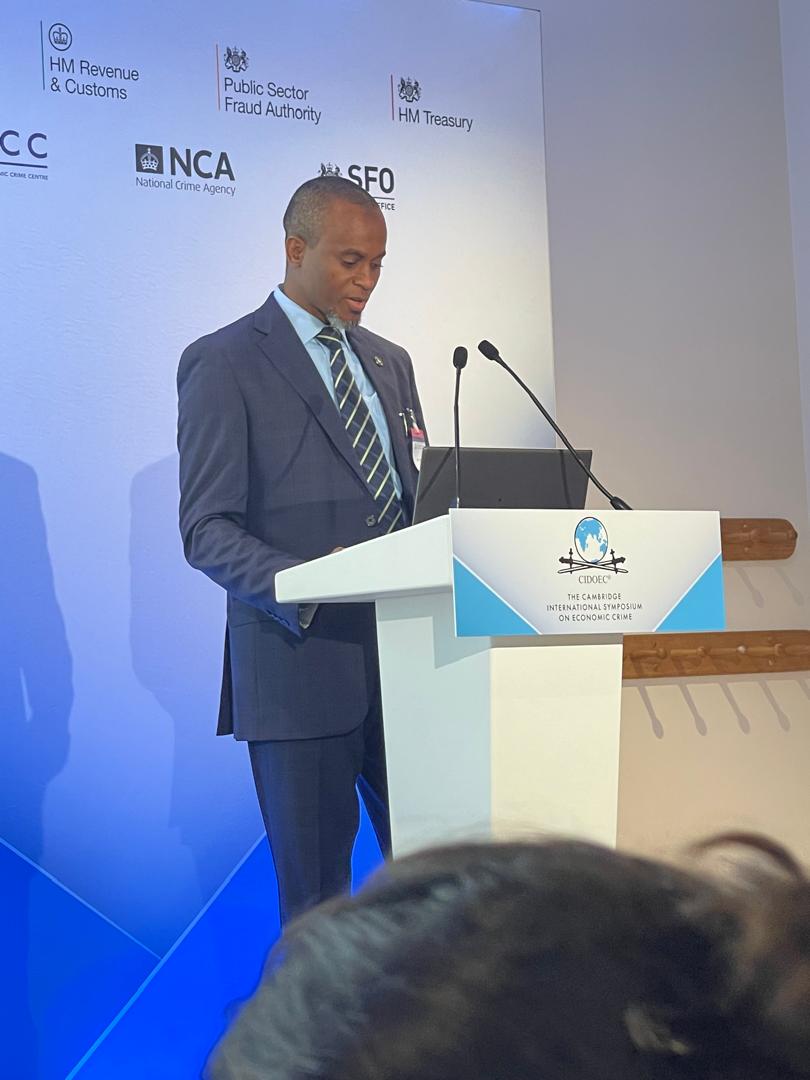**EFCC Collaborates with Global Anti-Corruption Experts on Suspect Asset Management in Cambridge**
Top officials from the Economic and Financial Crimes Commission (EFCC) are among a distinguished group of global anti-corruption experts participating in a weeklong International Symposium on Economic Crime at Cambridge University, United Kingdom. The symposium, now in its 41st year at Jesus College, Cambridge, focuses on the theme: “Suspect Assets,” and aims to explore comprehensive strategies for tracing, recovering, and forfeiting illicit assets. The announcement was made via a statement released on the EFCC’s official X (formerly Twitter) account.
The EFCC delegation, led by the Commission’s Secretary, Mohammed Hammajoda, is actively engaged in peer reviews and discussions on the intricate frameworks necessary to counter the threats posed by fraudsters, the illicit proceeds of their crimes, and the legal measures required to prevent criminals from benefiting from their illegal gains.
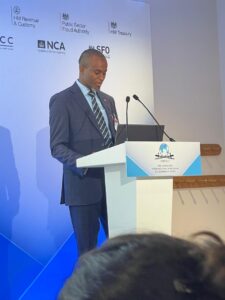
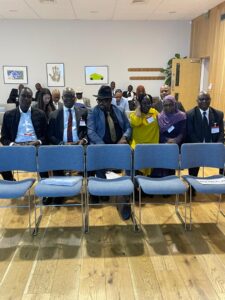
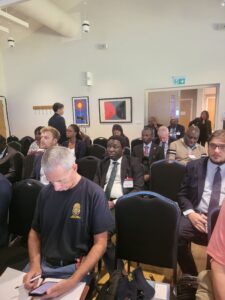
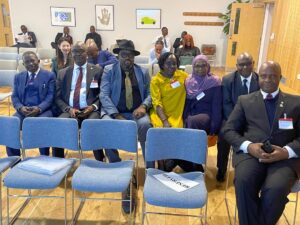
Professor Barry Rider, Founder, Executive Director, and Co-Chairman of the symposium at Jesus College, highlighted the symposium’s focus on the complexities surrounding the identification, interdiction, and control of suspect wealth. He noted that these assets could constitute criminal property, unexplained wealth, or wealth linked to undesirable individuals. He also emphasized the broader impact of such interventions on economic stability and security, particularly on financial institutions and their advisors.
The symposium covers a wide array of topics pertinent to dealing with assets acquired through fraudulent means. Key discussions include:

– The nature and characteristics of suspect wealth.
– The rationale for targeting suspect assets.
– Asset seizure as a form of interdiction or punishment.
– Techniques for identifying suspect wealth, including in cyberspace.
– The concept and utility of unexplained wealth orders.
– Tracing suspect wealth through civil law.
– Freezing and laundering suspect assets, and increasing the risk for those involved.
– Sanctions on suspect wealth and updates on FATF grey listing.
– Practical updates on anti-corruption, anti-money laundering (AML), financial crime, and high-profile corruption prosecutions.
Dr. Umar Bello, Head of the Strategic Intelligence Analysis Unit at EFCC, spoke on the challenges of identifying suspect wealth within the financial system. He pointed out major issues such as third-party money laundering, trade-based money laundering, concealment of beneficial ownership, and excessive cash transactions that obscure illicit sources of funds. To address these challenges, Bello recommended the adoption of effective case management principles and emphasized the importance of multilateral collaboration among agencies involved in asset tracing to tackle the complexities associated with suspect assets.
Justice John Tsoho, Chief Judge of the Federal High Court of Nigeria, shared insights on the Nigerian criminal justice system’s efforts to trace, recover, and reintegrate suspect assets into the national treasury. He stated, “We are making considerable efforts to ensure that fraudsters don’t get away with the proceeds of their crime.” He detailed the processes and successes related to the forfeiture of illicit assets.
The symposium brings together a diverse group of participants, including academics, judges, lawyers, investigators, public affairs experts, government officials, policymakers, and law enforcement officers from around the world, fostering a collaborative environment to tackle global economic crimes.
...Never miss an update again! Join our WhatsApp group for the latest news, straight to your phone! (Click Here)



